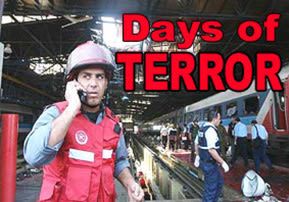
Days of Terror
2007: My neighbor's daughter and family fled Tsfat. Last night, they used my computer to check their email. Lisa described how everything had been so normal...

My neighbor's daughter and family fled Tsfat. Last night, they used my computer to check their email. Lisa described how everything had been so normal, so mundane, until the first bomb fell.
In the thirty seven years (gulp!) that I've lived in Israel, I've seen so many instances of Divine providence that, in a way, I've almost come to expect miracles. Just this Friday, a few minutes after the last bus filled to capacity left Tsfat, a rocket landed exactly where, just moments before, dozens of people had been standing, waiting to flee the bombings. During the siege on Gilo, there were numerous instances of people bending down to tie their shoe lace, or wipe a baby's nose – only to have a bullet whiz above them, right where their head had been just moments before. Many years ago, I wondered how I would be able to buy food for Shabbat when a person knocked on my door, handed me a hundred dollars and said, "I borrowed this three years ago. I'm slowly paying off my debts." From the small challenges of paying the grocery bill to the larger challenges of surviving terror, people in Eretz Yisrael experience tremendous Divine providence.
We've almost come to expect miracles, and that's why, when they don't happen, when the bomb explodes and real live breathing people are killed, it seems doubly tragic.
And it is doubly tragic, because it's a reflection of our spiritual lacking. Our right to Eretz Yisrael is completely contingent on our connection to Hashem. Immorality and deviant behavior is unacceptable anywhere, but here, in the King's palace, it is even more unacceptable. Whereas other lands can put up with gross breaches in modesty, Eretz Yisrael can't, as the Torah states, "And the land became defiled, and I visited its sin upon it, and the land vomited out its inhabitants" (Vayikra 18:25).
When people talk about "being connected with Hashem" or "being spiritual" what do they mean? Is it sitting in a state of ecstasy, eyes rolled back, feeling connected to something very holy and high – and then screaming at the neighbor for knocking and disturbing our meditation, or behave in a way that contradicts the basic tenets of modesty and decency?
The Jewish definition of spirituality, of "being connected with Hashem" is emulating Hashem. When we behave in a Godlike manner, we are connecting with the Almighty. Just as Hashem is kind, and just, despises evil etc., we should be kind and just and despise evil.
In other words, when we live like a Jew, according to the spirit, as well as the letter of the Law, we are emulating the Almighty, and in emulating the Almighty, we are strengthening our connection to Him – which, in turn, strengthens our connection to Hashem's Holy Land, Eretz Yisrael.
So, on a very real level, the safety of the Jews in Eretz Yisrael depends on our spiritual connection to holiness. The danger to Eretz Yisrael is spiritual, rather than physical. And that is exactly the reason why our rabbis are asking us to strengthen our level of mitzvah observance, for the sake of the endangered yishuv, the Jewish presence in the Holy Land.
The danger to Eretz Yisrael is spiritual, rather than physical, which is why our rabbis are asking us to strengthen our mitzvah observance and pray for the Jews living in Israel.
But what about the fear? Our fear is very, very real. For the people living under terror, spending the nights in bomb shelters, the fear is almost tangible.
Last night, my son called from Migdal Haemek, in the Jezreel Valley. "We're in the shelters," he began. Barely able to speak, he told me how the entire family had raced down to the shelter, just moments before the house shook from the force of the explosion. In the background, I could hear women and children still screaming hysterically.
The truth is, absolutely nothing happened. No one was injured. Nothing was damaged. But the fear, the terror – that, in itself, is very, very real, and very, very damaging.
It's very easy for me to speak. I live in Jerusalem, where everything is calm and as normal as it could be during wartime. I go to work, do my laundry. My daughter is sewing a new Shabbos dress, and we discuss the design of the collar. My life is replete with the mundane details of living — should I serve chicken for dinner, or maybe hotdogs instead? If I want to be a bit more spiritual, I consider reciting Tehillim instead doing some more work on the computer. Even my fear is intellectual – and not the deep down terror that comes from feeling the house shake as bombs fall where I had stood only seconds before!
My neighbor's daughter and family fled Tsfat. Last night, they used my computer to check their email. Lisa (a pseudonym) described how everything had been so normal, so mundane, until the first bomb fell. "I had gone grocery shopping, and of course there was talk of the rockets, but they were hitting somewhere else, not in our neighborhood. Then I came home and started the bedtime routine. I was just tucking my little ones in bed when I heard a funny noise. I looked out the window and saw a rocket falling. When it crashed, our apartment rocked, and although nothing happened, my life will never be the same. After a night of terror, I had enough. We threw a few of our most basic belongings in a bag and fled the city."
But in reality, nothing happened – absolutely nothing. The bombs fell, but not on her. The houses shook, but hers remained intact. Intellectually we know that the chances of being injured in a rocket attack is extremely small, probably less than the chances of sustaining injury while driving on an Israeli freeway (especially since many people ignore the speed limit and consider using a seatbelt a sign of weakness), yet we quake at the sound of a falling Katyusha.
That's because we are used to the danger on the road, while we are not used to the danger of falling rockets. Familiarity causes us to lose our sense of fear. During the first few days of the Gulf War, everyone panicked at the sound of the siren as they raced into their sealed rooms. But by the end of the war, for many people the siren was the signal to climb to the roof and watch the fireworks as the Patriot and Scud missile collided. Others simply shrugged their shoulders and continued with whatever they had been doing. Even those people who obeyed orders and entered the sealed rooms did it because they were law abiding citizens, and not because they were really afraid of chemical warfare.
During the time when suicide bombers were regularly exploding themselves on buses, many foreign students traveled by taxis instead of public transportation. In reality, however, the chances of being injured in a car accident were greater than that of being injured by a suicide bomber.
Several years ago, when I traveled to visit family in California, I was rudely awakened by a major earthquake. The bed shook, the pictures wobbled back and forth, and I wondered why I had left the safety of the Middle East to travel to California and be killed by an earthquake.
My family, however, was completely calm. "Oh, it's a big one this time," they commented matter-of-factly, as they turned on the television to find out exactly how strong it had really been and if the center was anywhere near where we were located. They were not at all fazed. But when I related the incident to my Israeli born and bred children, their reaction was, "How could you put your life in danger by traveling to such a dangerous place as California?"
Of course, I can only hope and pray that here in the Holy Land we do not get accustomed to missiles and shelters. And of course, I hope that my fear remains intellectual, and that the terror of war remain far from Jerusalem. Every bullet and every missile has its address, and fear or terror will not change that reality. We know that Hashem runs this world, and that He is directing the missiles. He is bringing about the near misses, as well as the explosions that leave dozens of wounded and dead.
Rather than give in to our fear, we should use it as an impetus to draw closer to the Almighty; to strengthen ourselves in Torah and mitzvah observance, so that we can truly merit Eretz Yisrael – and the Divine providence characteristic of Eretz Yisrael.
May Hashem give us the strength to cope with these challenging days, and may we soon see the light at the end of the tunnel, as we greet the Moshiach and rebuild the Beis Hamikdash, may it be quickly and in our days.
* * *
A few moments ago, Rabbi Shalom Arush, head of Chut Shel Chessed Institutions, Jerusalem, called the office to request that we personally ask all Jews throughout the world to strengthen themselves in their mitzvah observance.
Rabbi Arush emphasized the importance of reciting Tikkun Klali and of owning both a Tikkun Klali and set of Likutei Moharan. He pointed out that this war is a spiritual war, and therefore it is being fought by every single Jew throughout the entire world, and not just by the IDF. He requested that we strengthen our Shabbat observance, and observance of Taharat Hamishpocha, as well as continue to recite Tehillim and Tikkun Klali for the safety of Israel.



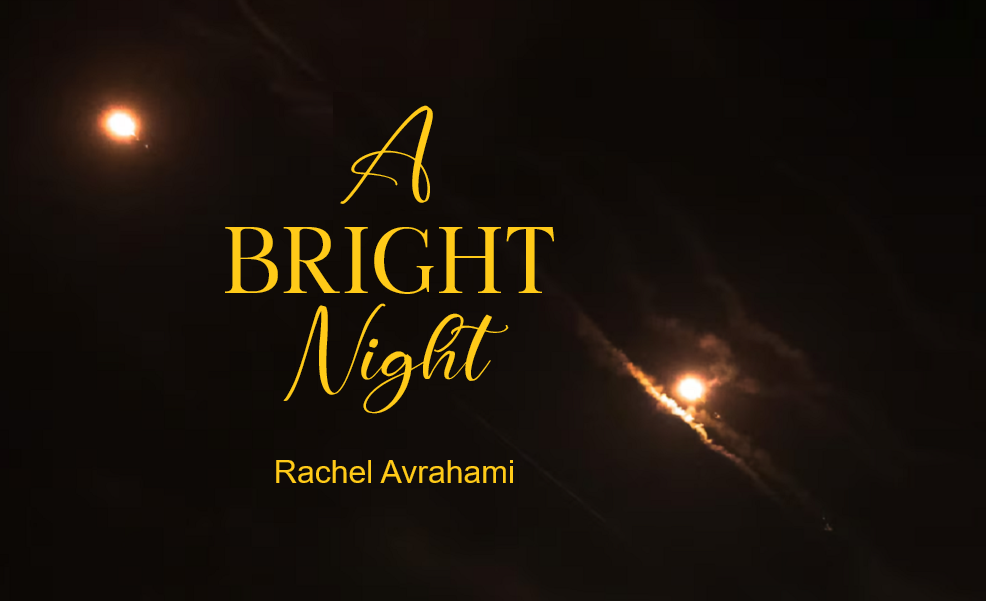
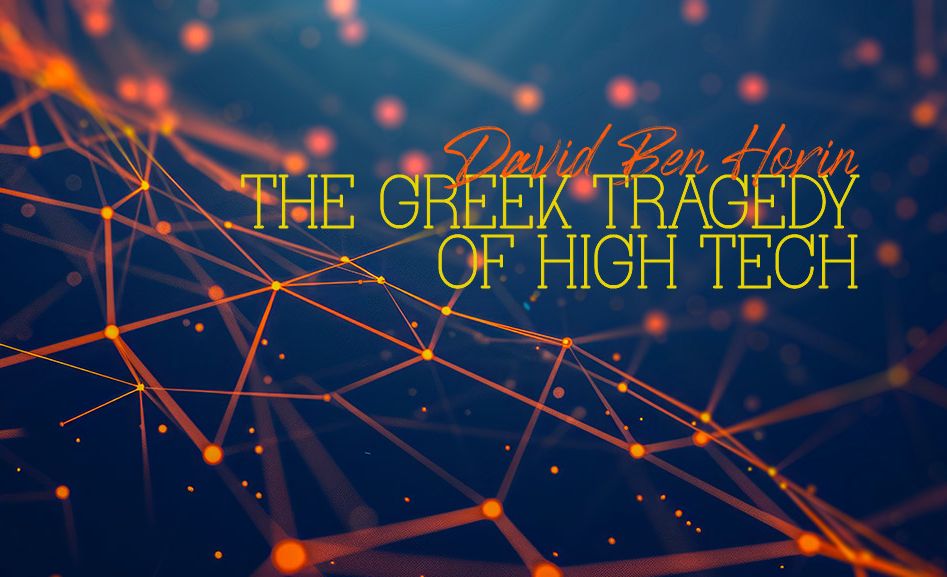
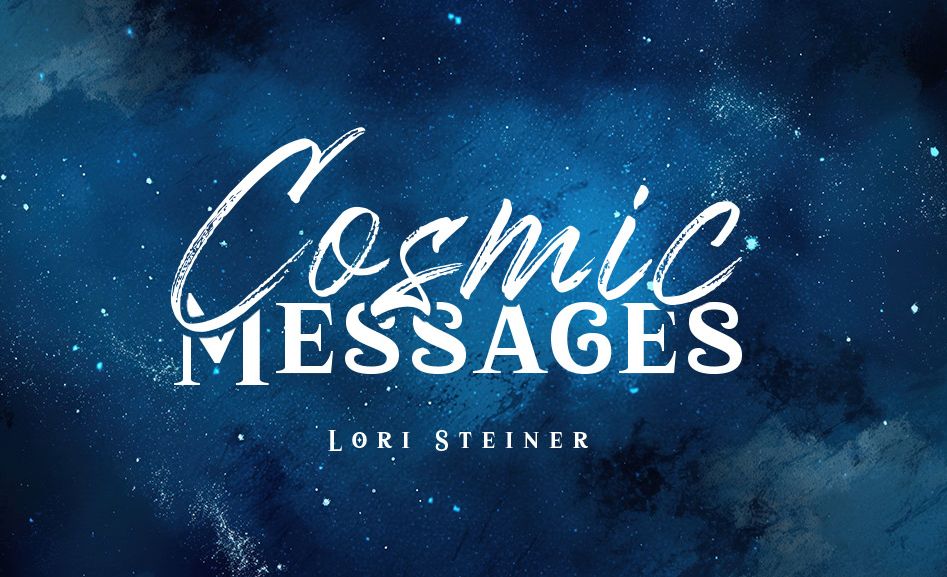




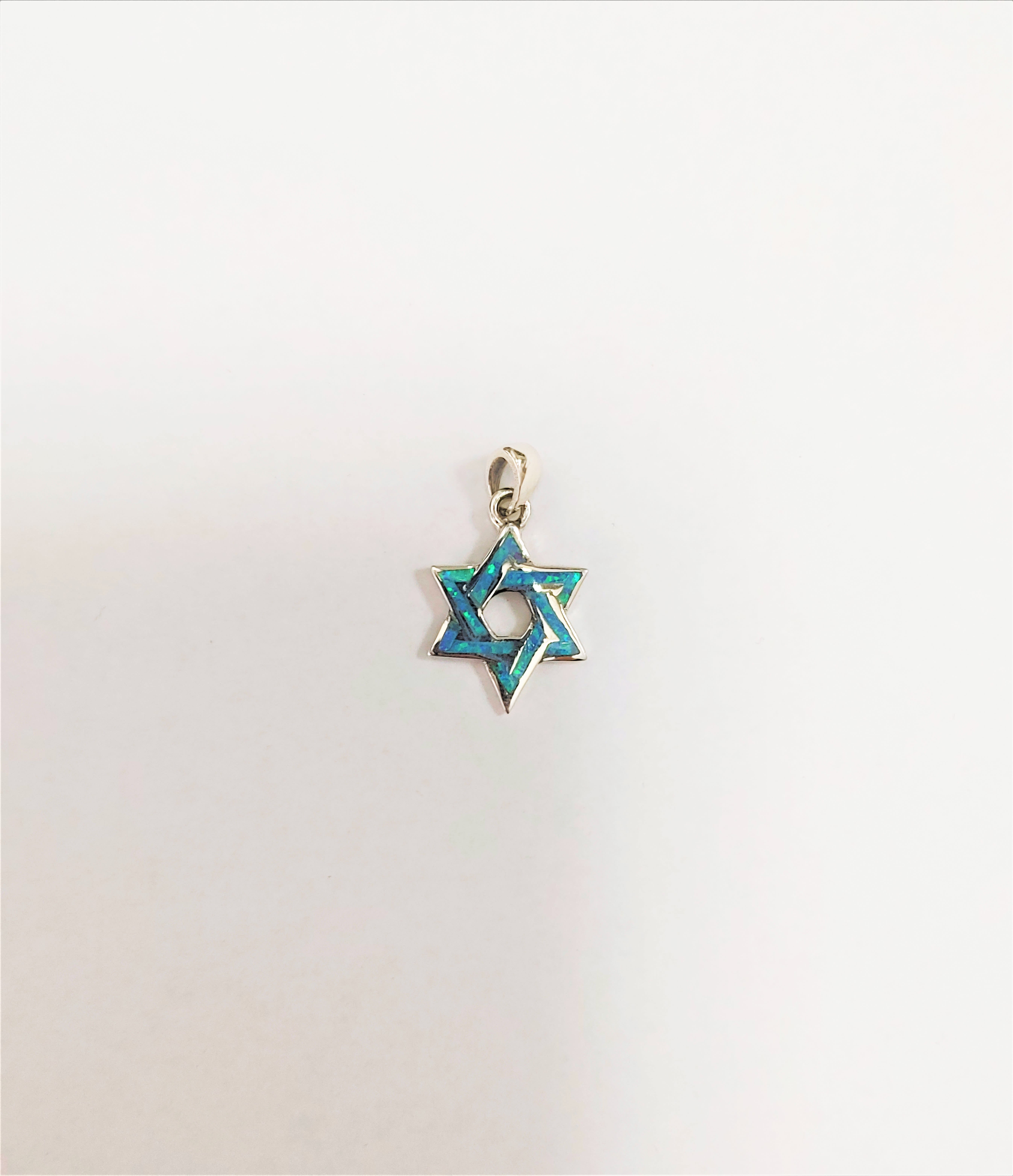

Tell us what you think!
Thank you for your comment!
It will be published after approval by the Editor.